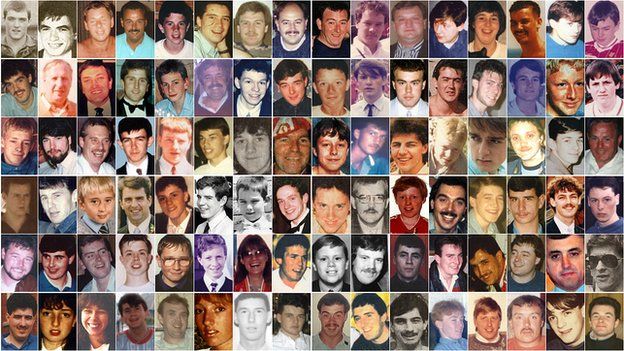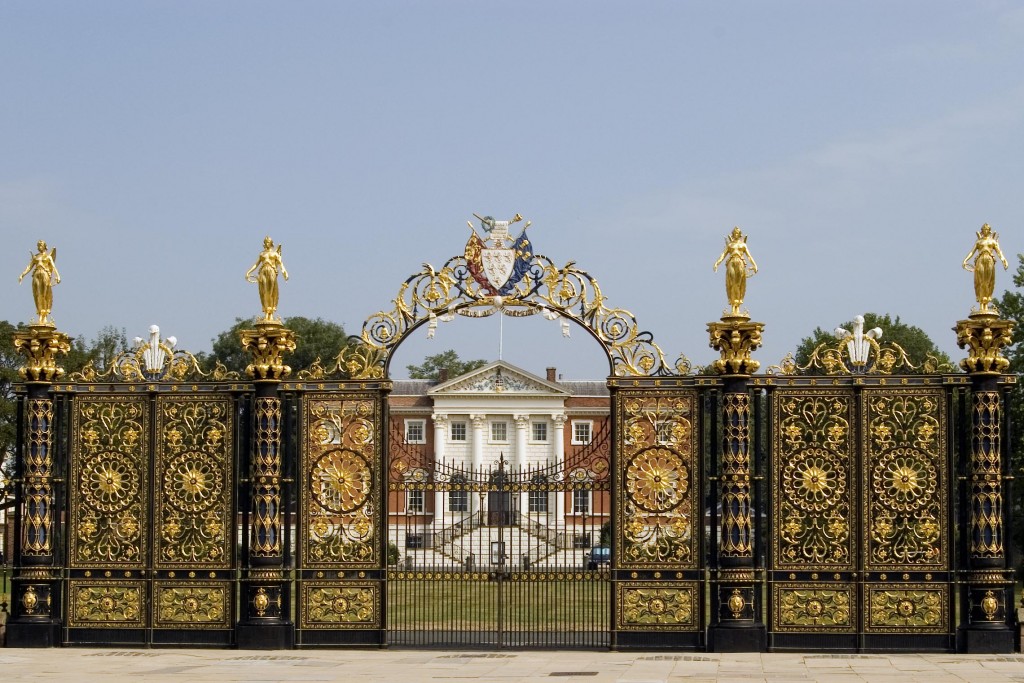I recently attended an inquest at the Coroner’s Court in Warrington. No, it wasn’t the one looking into the Hillsborough disaster. This inquest was following the sudden death, in a road traffic collision, of a close family member. More on this shortly.
Is the Legal System a Villain?
David Conn is a Guardian sports journalist and author, specializing in football. It was an article of his in 2009 which prompted ministers Andy Burnham and Maria Eagle to take action which led to the quashing of the original “accidental deaths” inquest verdict and the setting up of the new inquest which ended last week. A lot has been written since then heaping criticism on the South Yorkshire Police and the ambulance service. But what led to the suspension of the SYP Chief Constable was the alleged insincerity of the apology he gave in 2012.
Charges of insincerity relate to the way in which lawyers acting for the police and individual officers cross-examined inquest witnesses. They made repeated accusations based upon the discredited lies published in 1989 as “The Truth” in the Sun. These lies included the fans’ drunkenness, stealing from the bodies of dead victims and urinating on the police. One estimate is that the second inquest (which lasted nearly two years) could have taken half the time and cost much less if this line of cross-examination had not occurred. The extra distress and grief to the family members would have been avoided, too. (Incidentally, SYP’s bill for lawyers has cost taxpayers £25m, 80% paid by the Home Office and the rest at £12 per South Yorkshire household on their council tax bills.)

David Conn’s latest piece on Hillsborough makes an interesting new point. He states that the legal system itself is part of the problem. This led to the families of the dead fans waiting so long for justice and enduring an unnecessarily long and painful experience in the coroner’s court. He levels criticism at the coroner, John Goldring, for allowing lawyers working for the police to subject witnesses to hostile cross-examination based on the lies described above. It is the detachment of members of the judicial establishment (judges, coroners) which contributes to this problem. In Conn’s view, it is part of the way elites exercise power over “lesser folk”.
My Day in Court
My personal experience was rather different. The coroner’s Court followed due process, with the formality I expected from a court of law. We were all required to stand when the coroner entered the court. Formal titles were used in addressing all witnesses. The coroner sat on a chair which was a little raised above the rest. He took great care to explain to all present what was going to happen at each stage. He took special care to avoid open display or discussion in court of any details that might cause distress to the close family members.
Two officers of Cheshire Police force were present. One, the family liaison officer, has done an excellent job in supporting the family through the various stages, from the initial breaking of the news to support in the coroner’s court – and much in between. His care and compassion were very apparent. His job role is to speak to newly bereaved people, breaking terrible, shocking news and dealing with the inevitable questions and emotional reactions. What a day job! Someone has to do it. The other officer was an expert witness to the inquest. He reconstructed the “mechanical” details of the collision, vehicle speeds, angles and distances. His very clear explanation helped me enormously to finally get a full picture of what had happened. It also made it clear there was no blame to be attached to any of the parties involved.
I was grateful to have the opportunity to thank both officers for an excellent job done. There was also an opportunity to speak to the driver of the other vehicle, reassuring him that no one was blaming him in the least for what had happened. I know he has had a bad time since the accident: I hope that his chance to meet with us will help him recover from the experience and move on with his life.

Overall, I took comfort from the whole proceedings. The care the coroner took to avoid distress was obvious. But I also found the formality comforting. I put this down to the fact that it was a living demonstration of the state making it clear that this was an important occasion and that the facts would be examined thoroughly and with due deliberation. There would be a danger of trivialising what had happened if the proceedings had been more casual. Even the “all rise” moments I take positively. All present were standing to show due respect to the law, as symbolised in the person of the coroner, sitting a little above us all. We are all subject to the law, and rightly so.
Why the Difference?
So, how do I explain the difference between David Conn’s accusation of cruel indifference and my own, more positive, experience? Well, some of it is easy. The two cases are hugely different. There was a vast amount of controversy surrounding the Hillsborough case. Various parties, primarily the South Yorkshire Police, took a stance to defend the indefensible, for which their reputation has been reduced to tatters. There were no disputed facts or major conflicts of interest in our own case. So the potential for adversarial debate was absent.
More worrying is the risk that David Conn’s assertion, although well intentioned, risks patronising the determined, brave group of relatives who were resisting the police’s lies, at the cost of further personal agony to themselves. My praise of the two Cheshire Police officers also has some counterparts at Hillsborough. The hearing was peppered with heartwarming tales of individual police officers who acted with bravery, compassion and integrity on the day of the disaster.
I had formulated in my mind the idea for this blog post before I read Conn’s article. I have retained the originally intended title, without question or ironic intent. My original point was to say that, despite the mind-warping distortions of thirty-plus years of free market thinking in Westminster and Whitehall, there are still parts of the public sector – in this case the Warrington Coroner’s Court – who act with integrity, humanity and compassion. In other words, they act using the best principles of public service values. I stand by this claim. But I do worry that the judicial system will still have a tendency to close ranks with fellow professionals, i.e. the police, when the chips are down.
What do you think?